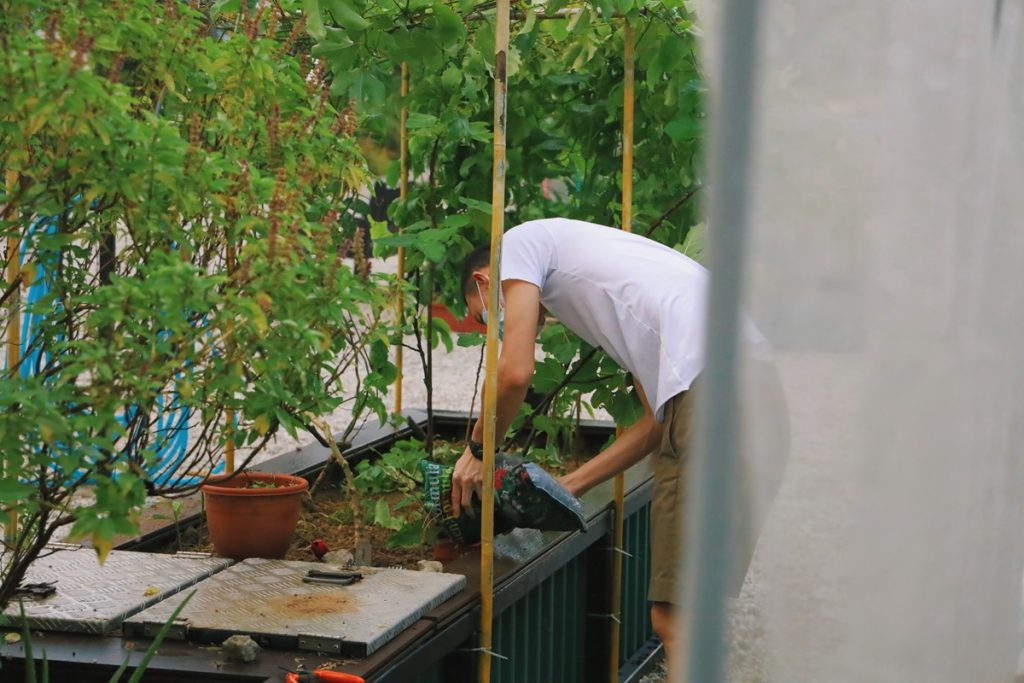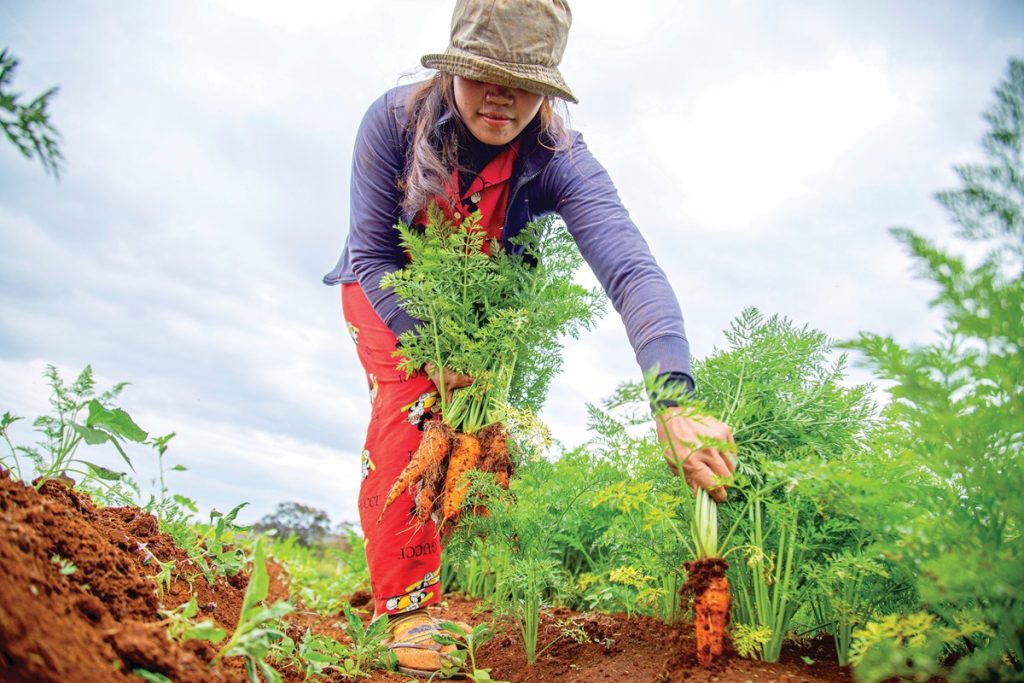Why Understanding Plant Care is Vital for Successful Gardening
If you’re an avid gardener, then you know the importance of taking care of your plants. Knowing how to tend to them properly is critical if you want a thriving garden with healthy, vibrant foliage. From choosing suitable soil and tools to familiarizing yourself with best watering practices, there are quite a few key elements when it comes to understanding proper plant care. In this blog post, we’ll be discussing why it’s essential for all gardeners — from green thumbs to those still learning the ropes — to benefit from mastering these skills in order to create a flourishing landscape.

1. Promotes Plant Growth and Health
Understanding plant care is crucial for promoting strong, healthy growth in your plants. Just like humans need proper nutrition to thrive, plants also require specific nutrients and care to reach their full potential. By understanding the different types of soil, fertilizers, and sunlight requirements, you can provide your plants with the right environment they need to grow.
Furthermore, proper watering techniques are vital in preventing diseases and pests that can harm your plants. Suppose you are gardening in urban areas; the team at harpersnurseries.com explains that it’s essential to have proper gardening gear to deal with pollution and other external factors that can negatively impact plant health. By understanding how to protect your plants from these factors, you can help them grow strong and healthy.
2. Increases Yield
Understanding plant care also significantly increases yield, especially for vegetable gardens and fruit trees. Proper care, which includes the right balance of sunlight, water, and nutrition, can lead to a higher production of fruits, vegetables, or flowers. By simply adjusting these factors according to the specific needs of each plant variety, gardeners can potentially harvest more produce than they might have without this knowledge.

This higher yield not only provides more produce for personal use but also surplus that can be shared with neighbors, friends, or at a local farmer’s market. For those considering gardening as a small-scale agricultural venture, this increase in yield could translate to a boost in income. Ultimately, the mastery of plant care techniques is an investment that pays off through plentiful and healthy produce.
3. Saves Money
Mastering plant care techniques can lead to significant savings in terms of money. One primary way this happens is by reducing the need for expensive plant treatments and replacements. When you understand the specific needs of your plants, from their watering schedule to their sunlight needs, you’re less likely to lose them to preventable diseases or malnourishment. This means fewer trips to the garden center to replace shriveled shrubs or diseased flowers, saving a considerable amount in the long run.
Furthermore, for those who grow their fruits, vegetables, or herbs, understanding the nuances of plant care can also save money on groceries. By taking proper care of your plants, you can significantly increase your yield, as mentioned earlier. This means more fresh, home-grown produce for your kitchen, reducing the amount you spend in the grocery store. The satisfaction of eating food that you’ve grown yourself is a bonus.
4. Enhances Aesthetic Appeal
A well-maintained garden enhances your home’s aesthetic appeal, serving as a tranquil oasis and a testament to your dedication and skills. With proper care, plants flourish, flowers bloom, and your garden becomes a vibrant tableau that pleases the eye. Healthy plants add texture and depth, attracting birds, bees, and butterflies and bringing life to your landscape.
Moreover, understanding plant care involves knowing how to arrange plants in a way that complements each species’ growth patterns and color schemes. An excellent arrangement elevates the visual impact of a garden, making it more than just a collection of plants. From shaping shrubs to creating flower beds, proper garden care can help you design a stunning outdoor space that adds value to your property and offers a beautiful retreat for relaxation and contemplation.
5. Fosters a Connection with Nature
Cultivating a deep understanding of plant care creates a profound connection with nature. This bond is more than physical; it’s emotional and spiritual, nurturing peace, mindfulness, and fulfillment. Tending to your plants helps you become attuned to the rhythms and cycles of the natural world, increasing awareness of your environment and appreciation for life in all its forms.
Gardening offers therapeutic benefits. Studies show it reduces stress, improves mood, and enhances mental well-being. It grounds us, providing a calming, meditative practice that disconnects from daily life and connects us to our roots. Understanding and caring for plants is a rewarding journey that enriches our existence and fosters a sustainable relationship with our planet.
6. Encourages Sustainable Practices
Understanding and implementing proper plant care also encourages the adoption of sustainable practices. Composting, for example, is an effective method of recycling organic waste to enrich soil quality, promote healthier plant growth, and contribute to waste reduction. Additionally, making use of native plants that are adapted to local climates can reduce water consumption, as these plants generally require less water and care than exotic species.
Sustainable gardening practices such as organic pest control, rainwater harvesting, and using renewable resources can not only save money but reduce the gardener’s carbon footprint. These methods affirm a commitment to preserving the environment and fostering a healthier planet. Overall, a thoughtful understanding of plant care doesn’t just lead to a thriving garden but also promotes a more sustainable lifestyle.
7. Provides Educational Opportunities
Gardening and learning about plant care offer excellent educational opportunities, particularly for children. By involving them in the process of planting, tending, and harvesting, children learn about botany, biology, ecology, and other scientific concepts in a hands-on manner. They also develop practical skills such as responsibility and patience while experiencing the joy of nurturing something into being.
In addition to scientific education, gardening can enhance creativity and imagination in children. Designing their gardens, creating art from natural materials, and coming up with innovative solutions to garden problems all stimulate imaginative thinking. Ultimately, gardening and understanding plant care offer a rich learning experience that extends far beyond the garden.
Mastering plant care is crucial for all types of gardeners – novice or experienced – as it promotes plant growth and health, increases yield, saves money, enhances aesthetic appeal, fosters a connection with nature, encourages sustainable practices, and provides educational opportunities. So, if you want to create a flourishing landscape that is not only visually stunning but also environmentally conscious, it’s time to dig in and start learning about proper plant care.
